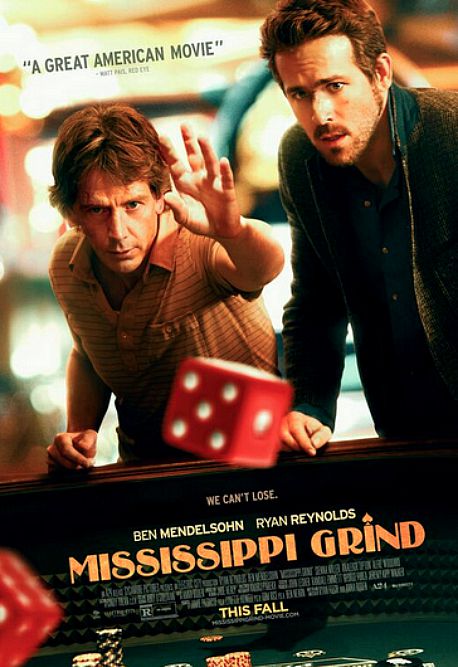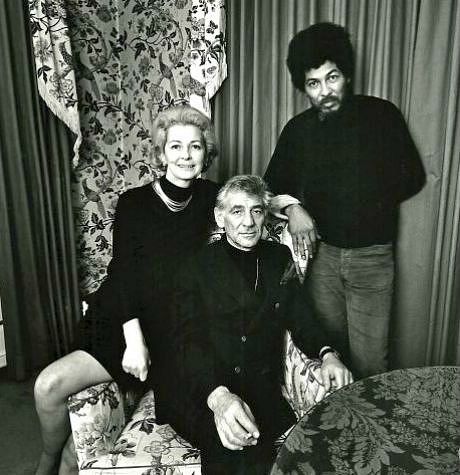I’ve noted a few times that Ryan Fleck and Anna Boden‘s Mississippi Grind (A24, 9.25), which I caught at last January’s Sundance Film Festival, is essentially a revisiting of Robert Altman‘s California Split (’74). Okay, not a precise remake but close enough to one. It’s certainly one of the more enjoyable addiction films I’ve ever sat through. It has an assured, nicely textured, low-key ’70s quality, and is easily the best film that Ryan Reynolds, whose performance as a good-natured knockabout (i.e., the Elliot Gould role) is completely centered and confident, has ever starred in. No, that’s not damnation with faint praise. I was even okay with the frequently annoying Ben Mendelsohn, who plays a somewhat glummer version of the George Segal role in the ’74 original. And I enjoyed James Toback‘s snarly cameo as a guy with a hard fist. Will Joe Popcorn decide that Grind is a little too downbeat and meditative? Maybe, but for anyone with a half a brain it definitely intoxicates and charms for much of its running time. Wow…I just realized I can’t remember how it ends.


